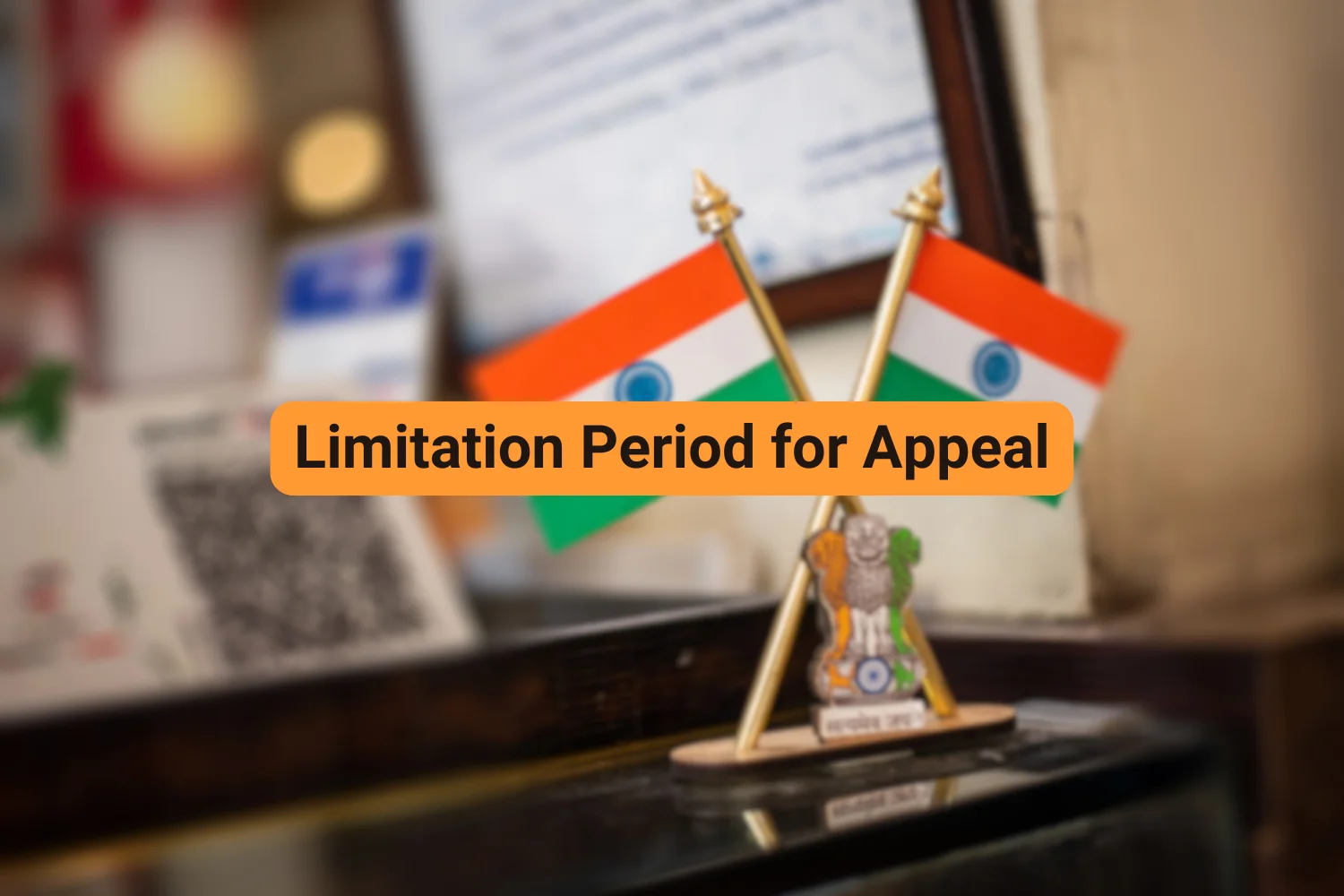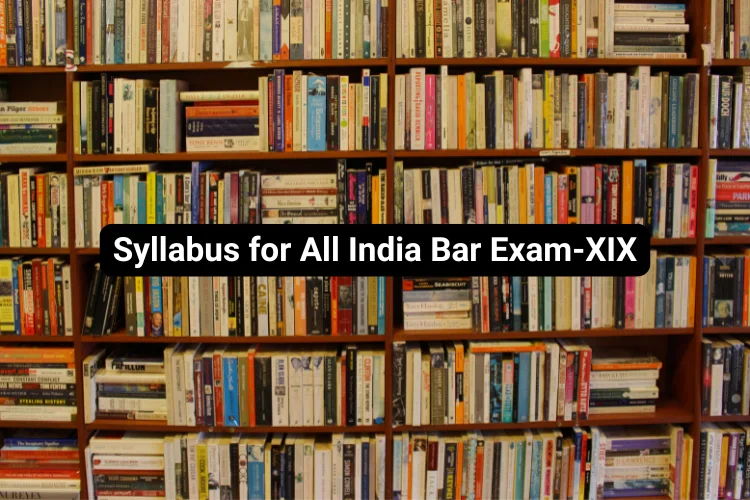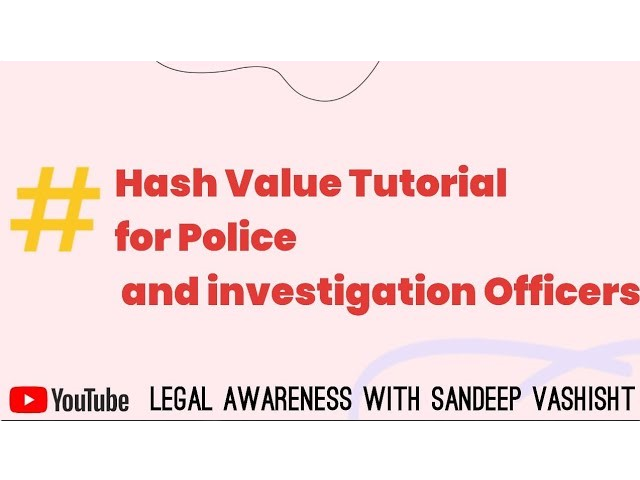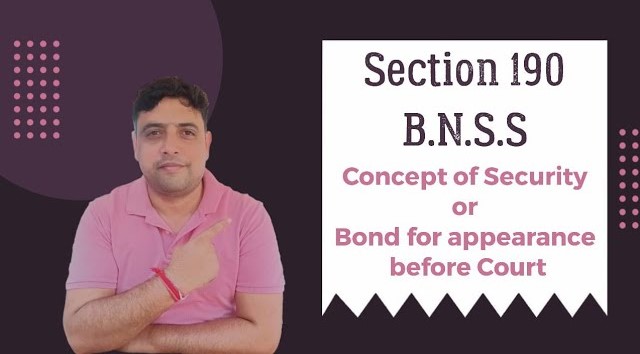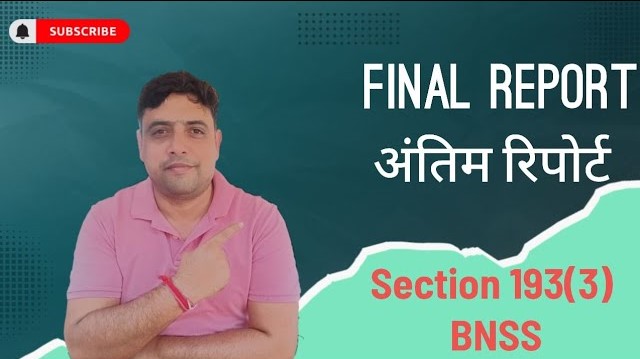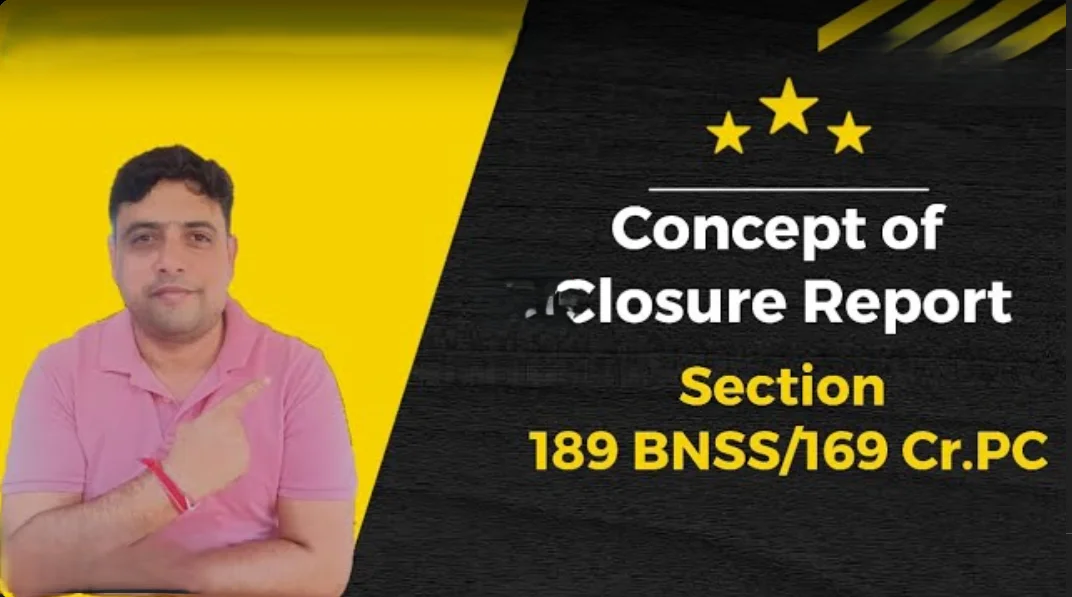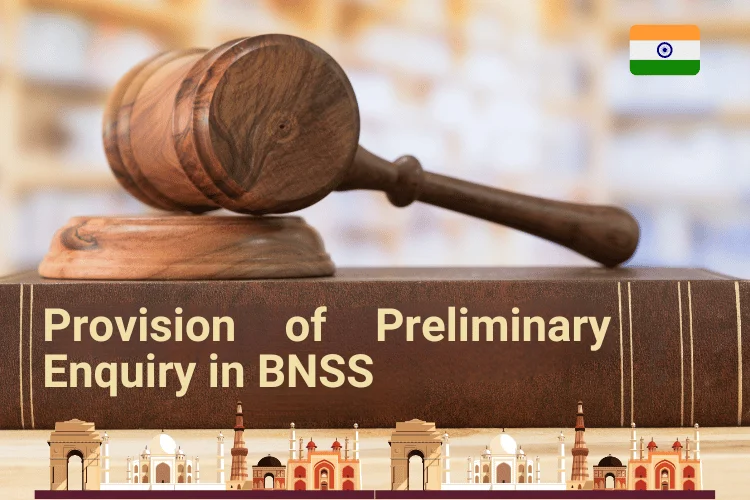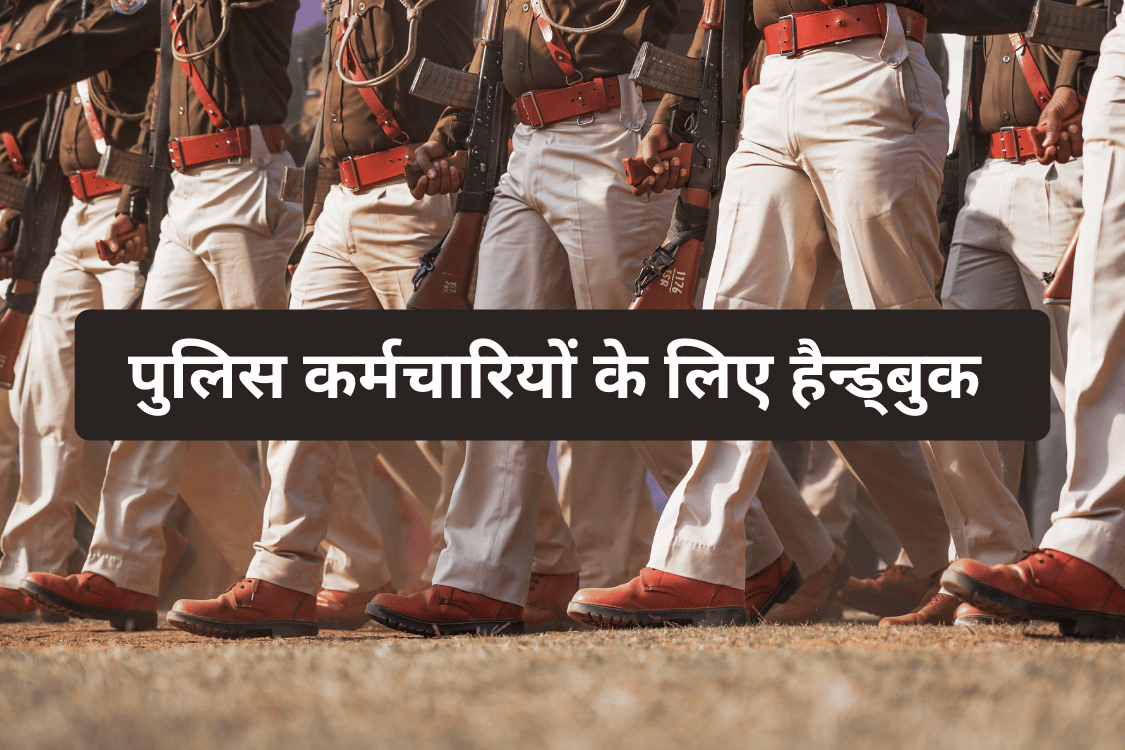Tender of Pardon: How Accomplices Can Get a Second Chance (SECTION 307- 309)
INTRODUCTION
The power to grant pardon is a constitutional provision in many modern societies, including India, where it is enshrined in Articles 72 and 161 of the Indian Constitution. This power allows the executive to save a person from punishment or penalty imposed by the judiciary for breaking the law. The judiciary also has the power to grant pardon, although the objective is different. All authorities, including the judiciary, exercise this power on behalf of the sovereign.
The principle of criminal jurisprudence is that criminal liability or exemption should be determined according to established criminal law procedures. The Indian Constitution and the Code of Criminal Procedure (1973) provide provisions for granting pardon, including:
- Article 72: Power of President to grant pardons
- Article 161: Power of Governor to grant pardons
- Section 306: Tender of pardon to an accomplice
- Section 307: Power to grant pardon to a person implicated in the same case
- Section 308: Procedure for granting pardon
These provisions aim to ensure that the power to grant pardon is exercised fairly and in accordance with established criminal law procedures.
Meaning of Pardon
A pardon is a legal concept that refers to the release from guilt or remission of punishment for a crime. It can be either full or conditional, with a conditional pardon requiring the fulfilment of a condition, such as a lesser punishment. The effect of a full pardon varies by jurisdiction, but it generally exempts the individual from punishment and may also restore rights and privileges.
According to the Bouviers Law Dictionary, a pardon is defined as:
"A pardon is an act of grace, proceeding from the power entrusted with the execution of the laws, which exempts the individual on whom it is bestowed, from the punishment the law inflicts for a crime he has committed. Every pardon granted to the guilty is in derogation of the law; if the pardon be equitable, the law is bad; for where legislation and the administration of the law are perfect, pardons must be a violation of the law. But as human actions are necessarily imperfect, the pardoning power must be vested somewhere in order to prevent injustice, when it is ascertained that an error has been committed."
In summary, a pardon is an act of mercy that exempts a person from punishment for a crime they have committed, and is granted by the authority responsible for enforcing the laws. While pardons may seem to go against the law, they are necessary to prevent injustice in cases where errors have been made.
In India, the power to grant pardon is recognized in the Constitution (Articles 72 and 161) and the Criminal Procedure Code (Sections 432 and 433).
There are different types of pardons, including:
- Full pardon: Exempts the individual from punishment and restores rights and privileges.
- Conditional pardon: Requires the fulfilment of a condition, such as a lesser punishment.
- Commutation of sentence: Reduces the severity of the punishment.
- Remission of sentence: Reduces the duration of the punishment.
- Tender of pardon: Offers a pardon to an accomplice in exchange for testimony or cooperation.
The grant of pardon is a discretionary power exercised by the sovereign or governing authority, and its use varies by jurisdiction and circumstances.
Provisions of Pardoning in Criminal Procedure Code
There are three provisions which are related to grant of pardon.
Section 306 - Tender of Parson to accomplices
Section 307- Power to direct tender of pardon
Section 308- Procedure
WHO IS AN ACCOMPLICE :The section (Section 306 (1)) does not use the word accomplice, but describes the various categories of person to whom pardon may be tendered.
- A person who directly participated in the commission of the offence to which the (investigation or) inquiry or trial relates.
- A person who was indirectly concerned in the commission of the offence, e.g., as abettor.
- A person who was privy to the commission of the offence. The word, ‘privy’ possibly suggests the category of ‘accessory after the fact’. Under English law, a person, who, though not a participant in the principal offence, aided it subsequently, e.g., as a receiver of stolen property, on a charge of theft against the accused.
If any of the foregoing tests is satisfied, pardon may be tendered to such person though he may not have been arraigned as an accused. Nor is it necessary for the application of the section that such person must expressly state that he took an active part in the commission of the offence; it is enough if his statement clearly shows that he was a privy to or abettor of the offence.
The word ‘accomplice’, which is used in u/S. 133 of the Evidence Act, includes a principal, an accessory, abettor, a person in some way connected with the offence. An accomplice, who is tendered pardon and gives evidence in favour of the prosecution against other participants in the commission of the crime, is popularly called an ‘approver’, though that term, too, is not used in the section-306.
PROVISIONS OF TENDERING OF PARDON UNDER CRIMINAL PROCEDURE CODE
Concept of Tendering of Pardon is like a card “Get Out of Jail Free”.
TENDER OF PARDON TO ACCOMPLICE SECTION 306:
Section 306(1) and (2) lays down offences in which pardon can be granted and the authority by whom it is to be granted:
It says that in order to obtain the evidence of serious crime from the person who have been involved in that crime directly or indirectly.
The court can offer Pardon If offence which was committed is:
- Triable exclusively by the Court of session or Special Judge Court
- Punishable with imprisonment which may extend to sever years or with a more severe sentence
Such Pardon can be granted by:
-
- Chief Judicial Magistrate
- Metropolitan Magistrate
- First Class Magistrate
Such Pardon can be granted at any stage:
-
- Investigation
- Inquiry
- Trial
Condition for pardon: To receive the pardon, the person must share all they know about the crime like
-
- All circumstances related to the crime
- All persons involved (principal or abettor)
This section is meant to encourage witnesses to come forward and share their knowledge about serious crimes, in exchange for forgiveness and protection.
Process and requirements related to tendering pardon and examining a witness:
Record of Pardon [306(3)]
The Magistrate offering the pardon must maintain a record with:
-
- Reasons for offering the pardon
- Whether the person accepted the pardon
- The accused can request a copy of this record, which must be provided free of cost (Sec. 306(3))
Examination and Detention[306(4)]
A person accepting the pardon must be examined as a witness:
-
- In the Magistrate's court taking cognizance of the offence
- In the subsequent trial, if any
Unless already on bail, the person must be detained in custody until the trial's termination (Sec. 306(4))
Commitment for Trial [360, 5(a)]After examination, the person will be committed for trial to:
-
- Sessions Court
- Special Judge
- Chief Judicial Magistrate (CJM) (Sec. 306(5))
The Magistrate need not scrutinize the approver's evidence
In summary, the Magistrate must maintain a record of the pardon, and the person accepting the pardon must be examined as a witness and detained in custody until the trial's end. The Magistrate then commits the person for trial to a higher court without scrutinizing their evidence.
Object of Section 306
The purpose of Section 306 is to:
- Obtain truthful evidence about offences
- Grant pardon to accomplices
- Prevent offenders from escaping punishment due to lack of evidence
Case Laws
State of A.P. v C.G. Rao AIR 1963 SC 1850
- Pardon is typically granted in cases involving serious offences committed by multiple individuals.
- The grant of pardon doesn't always have to be initiated by the prosecution; the court can also take the initiative
By offering pardon to accomplices, the court aims to encourage them to come forward and share valuable information about the crime, thereby ensuring that the main offenders are held accountable and don't escape punishment due to lack of evidence.
Suo Motu v. State of Kerala & Ors. 2023
In this case, the suo motu revision petition was filed because of a group of eleven individuals who allegedly conspired and formed an unlawful assembly to attack the deceased person. The third individual among them expressed willingness to cooperate as an approver, seeking pardon under Section 306 of the Code. Surprisingly, the Magistrate Court removed the approver's name from the list of accused without having them testify as a witness. The case was then sent to the Sessions Court for trial.
The Kerala High Court held that:
-
- It is mandatory to examine an accused who has been tendered pardon under Section 306(4)(a) of the Code of Criminal Procedure, 1973, before committing the case to the Sessions Court.
- Failure to examine the approver by the Magistrate prior to committing the case to the Sessions Court renders the omission of the approver from the array of accused illegal.
The Court relied on the Supreme Court's decision in State (Delhi Administration) vs Jagit Singh, which emphasized the importance of examining the approver in both the committing court and the trial court. The Court also highlighted the object of such examination, which is to ascertain whether the approver has resiled from their former position and broken the conditions of their pardon.
In the present case, the Magistrate's failure to examine the approver under Section 306(4)(a) CrPC before committing the case to the Sessions Court was held to be illegal, and the omission of the approver from the array of accused was consequently set aside.
Sharad Chandraprakash Agarwal vs The State Of Maharashtra 2020
Facts of the case are as, an approver namely Sharad Agarwal (36) implicated in an organised crime case over an alleged Rs 10 crore extortion demand made by gangster Suresh Pujari from Malaysia.He was charged under MACOCA act and subsequently turned to be an accomplice and after fulfilling all the conditions he applied for bail which was opposed by prosecution by a special court designated under the Maharashtra Control of Organised Crime Act (MCOCA) had rejected his bail in October 2019.
He then approached HC, Bombay High Court clarified the circumstances under which an approver, who has fulfilled the conditions of pardon and testified for the prosecution, may be granted bail before the completion of the trial.
The court’s decision came in light of the tension between Section 306(4) of the Criminal Procedure Code (CrPC) and the constitutional right to personal liberty under Article 21.
The court highlighted that an approver who has complied with pardon conditions and testified as a prosecution witness should not be automatically detained until the conclusion of the trial, especially in cases involving prolonged legal proceedings and further emphasized the need to harmoniously interpret Section 306(4) of the CrPC with the fundamental right to personal liberty enshrined in Article 21 of the constitution.
CBI vs Ashok Kumar Aggarwal 2013 SC
The court can offer a pardon to someone who knows about a serious crime, even if they're not an accused. This person might have been involved in the crime directly or indirectly, or might have information about it. The law only requires that they be "concerned in" or "privy to" the crime, which means they have some connection to it. That's why the law uses the term "accomplice" instead of "accused".
The court can offer a pardon for certain serious crimes, listed in Section 306(2). If the pardon is accepted, the person is no longer considered an accused and is instead treated as a witness. They will be questioned about the crime, and as long as they tell the complete truth, they will be protected from prosecution. The procedure for offering a pardon is outlined in Section 306(3) of the Criminal Procedure Code.
POWER TO DIRECT TENDER OF PARDON [SECTION 307]:Section 307 of the Criminal Procedure Code (CrPC) deals with the tender of pardon by certain courts, specifically:
- Sessions Court
- Special Judge
- Chief Judicial Magistrate (CJM)
These courts have the power to tender pardon at any time after the commitment of a case, but before the judgment is passed. The conditions for granting pardon are the same as those specified in Section 306(1), which include:
- The person must be privy to the offence
- The person must be willing to make a full and true disclosure of the circumstances within their knowledge relative to the offence
- The person must be willing to make a full and true disclosure of every other person concerned, whether as principal or abettor, in the commission of the offence
The purpose of tendering pardon is to obtain evidence and facilitate the investigation and prosecution of the case.
TRIAL OF PERSON NOT COMPLYING WITH CONDITIONS OF PARDON [SECTION 308] :Section 308 of the Criminal Procedure Code (CrPC) deals with the consequences of an approver (a person who has accepted a pardon) failing to comply with the conditions of the pardon. Here's a breakdown of the section:
- Sub-section (1): If the Public Prosecutor certifies that the person whom pardon has been granted under 306 and 307 :
- Wilfully concealed essential information
- Given false evidence
The person can be tried for:
- The offence for which the pardon was tendered
- Any other offence they appear guilty of
- Giving false evidence
However, he cannot be tried jointly with other accused persons and Sanction from the High Court is required to try the person granting pardon for giving false evidence
- Sub-section (2) Statements made by him while accepting the pardon and recorded by a Magistrate or court can be used as evidence against him in the tria
- Sub-section (3):
- Accused can plead that he has complied with the conditions of the pardon
- The prosecution must then prove that the conditions have not been complied with
- Sub-sections (4) and (5)
- When the accused is being tried, he will be asked at the start of the proceedings if he plead compliance with the pardon conditions
- If accused does so pleads, the court will record its finding on the point
- If the court finds that the conditions have been complied with, it will acquit the accused (that is declare him not guilty )
In summary, Section 308 outlines the consequences of an approver failing to comply with the conditions of a pardon, including the possibility of being tried for various offences, and the procedures for such a trial.
Case Laws
Kailash Nath Aggarwal (1973) - Supreme Court:
The prosecution bears the burden of proving that the approver has forfeited his pardon.
Sarvanabhavan (1966) - Supreme Court held that An approver's evidence must meet a dual test:
1. The approver must be shown to be a reliable witness.
2. The approver's evidence must be sufficiently corroborated by other evidence.
CONCLUSION
The tender of pardon is a crucial aspect of criminal law, allowing individuals to cooperate with the prosecution in exchange for immunity from prosecution. However, its application must be carefully balanced with the rights of the accused and the interests of justice. The Bombay High Court's decision in Sharad Chandraprakash Agarwal vs The State Of Maharashtra highlights the importance of considering the approver's rights to personal liberty and bail, especially in prolonged legal proceedings. The court's emphasis on harmoniously interpreting Section 306(4) of the CrPC with Article 21 of the Constitution sets a significant precedent for future cases involving approvers and tender of pardon. Ultimately, the tender of pardon remains a vital tool for uncovering truth and delivering justice, but its application must be fair, transparent, and respectful of individual rights.







